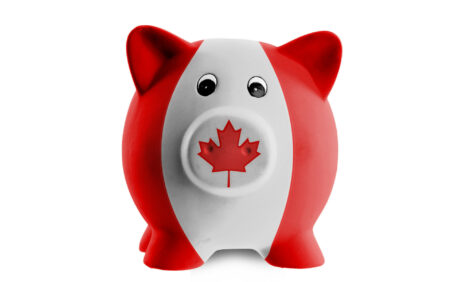



CME: Average Pork Price Eclipsed $4.00 Per Pound
US - Supply, supply, supply — that seems to be all we talk about these and, for that matter, most days. There’s a good reason for that, of course — primarily that virtually all of the data we get, especially on a frequent basis, is about supply, write Steve Meyer and Len Steiner.USDA producers a regular — and very valuable — series of reports on the number of animals, their size, gender, type, grade, etc. that allow us to infer the quantities of various products that will be available to buyers over various time horizons. Sometimes the data allow for relatively accurate inferences and forecasts. Other times not so much. That uncertainty defines the market space in which analysts work to refine their forecasts for clients and employers. Data is one thing. Knowledge is quite another.
But what about demand? You know it. The latter-mentioned partner in the forces of “supply and demand” that determine prices, eventual resource allocations and everything else we studied in those sometimes esoteric economics classes. Demand is a bit more difficult simply because we have less data regarding the various forces that impact it.
Most notable among them is the black box of consumer tastes and preferences that are critical to the long-term status of demands for various meats and poultry. But they can also be critical in short-run changes as was evidenced in 2009 when pork demand took a hit from the unfortunately-named H1N1 influenza outbreak. “Swine flu” may have had genetic materials from previously identified swine influenza strains but the negative implication of that name for pork safety was completely inaccurate. Such can be the fickle nature of consumer demand.
Soft demand is hardly the issue at present, though, and we got our first indication that the situation may be continuing when USDA released it monthly estimates of retail meat and poultry prices last week. Beef and pork prices once again set record highs while chicken and turkey prices remained high relative to historical levels but lower than their records of last fall.

The details for June prices are:
- The Choice-grade beef price crept ever-closer to $6.00 per pound, hittng $5.938 for the month. That price is 0.4 per cent higher than May’s previous record high and 12.6 per cent higher than one year ago. June marked the fifth straight month of record highs. It was also the 13th time in the past 19 months that the Choice beef price has set a record.
- Select-grade beef averaged $5.466 per pound in June — record-high for the 8th straigh month. June’s price was 0.8 per cent higher than that of may and 12.1 per cent higher than one year ago.
- The avearge pork price eclipsed $4.00 per pound for the second straight month (and second month EVER!) in June, reaching $4.116 per pound. That is 0.4 per cent higher than in May and 13.8 per cent higher than one year earlier. The remarkable aspect of retail pork prices is how quickly they have increased in response to higher wholesale pork prices. There has typically been a lag for this response as retailers tried to hold the line on price increases. Of course, there has typically been ahog cycle that held the promise of lower prices in the future which would allow retail margins to grow back to “normal” levels after being squeezed. That cycle is not as pronounced as it once was and any rebound of pork supplies is now threatened by perhaps ongoing problems with PEDv.
- June’s composite broiler price was $1.949 per pound, fractionally higher than that of May and 2.2 per cent LOWER than one year earlier. June chicken production will be VERY close to the June 2013 level, suggesting that chicken demand in June was still soft.
- The average retail turkey price increase $0.004 per pound in June to $1.606. That figure is 0.7 per cent higher than one year ago but still 12 per cent lower than turkey’s September 2013 record high of $1.819 per pounds.
When it comes to demand, though, relative prices are critical. The chart below shows retail pork, chicken and turkey as a percentage of retail beef and the message is clear: Poultry should benefit from today’s prices. It appeared last winter that pork would do so as well but PEDv and strong year-to-date demand have beef still competitively priced vs. pork.









